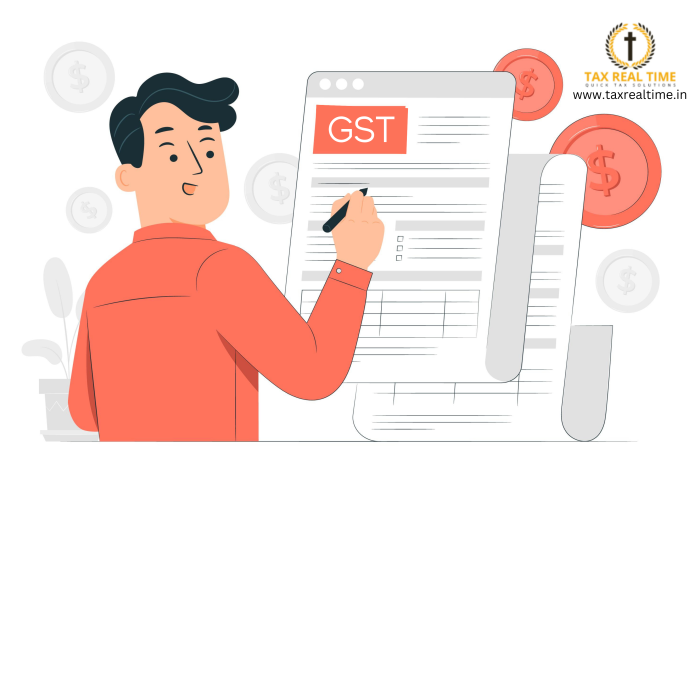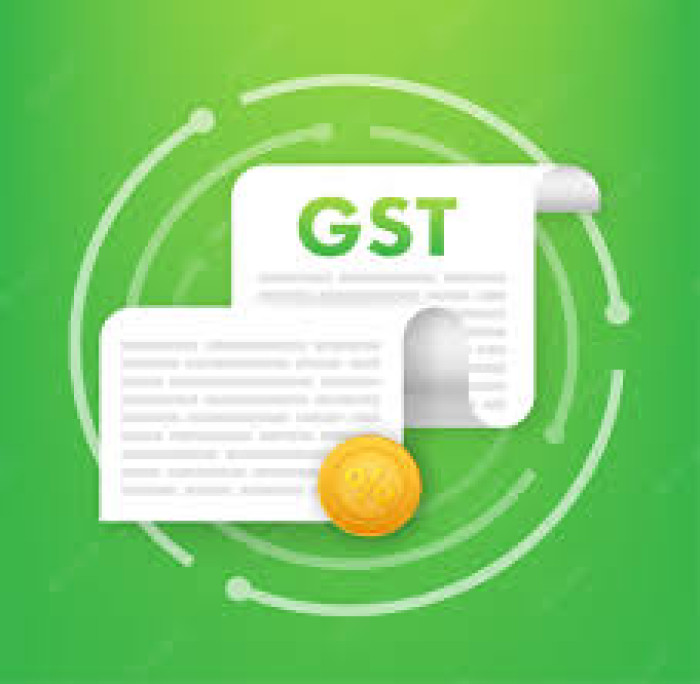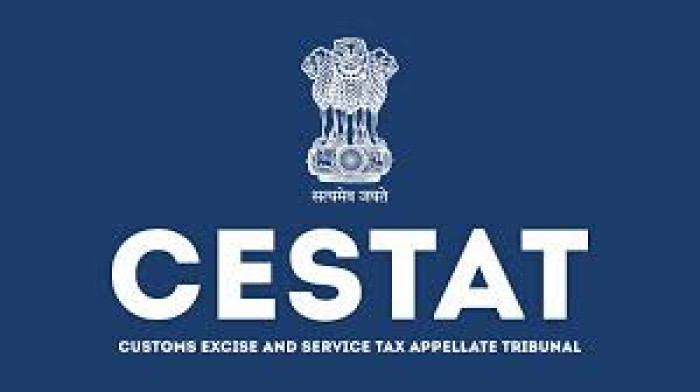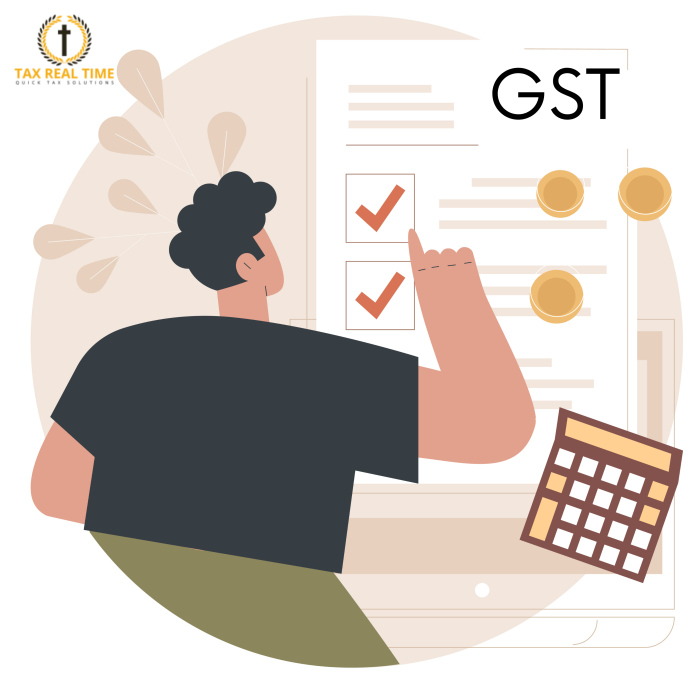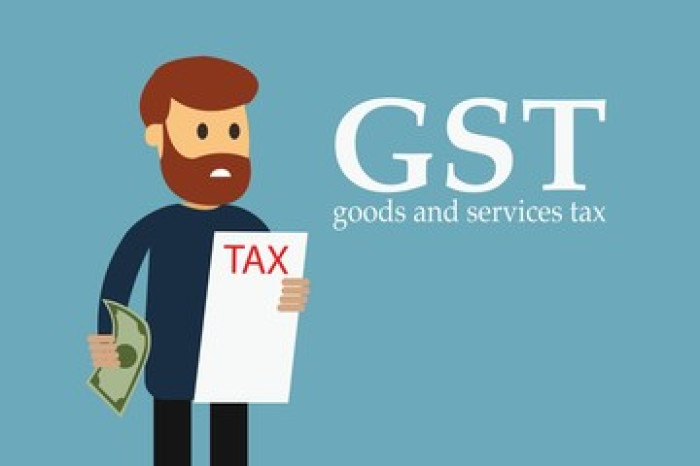GST - Orissa High Court: Writ petitions must be filed within a reasonable time; unexplained delay (11 months here) amounts to laches, barring relief [Order attached]


Your free trial / membership plan is expired.
Kindly subscribe to get complete access to indirect tax updates and issue wise cases
Why subscribe to us ?
Get complete access to news updates and download copy of case laws/ notification/ circular etc.
Be a part of our WhatsApp group and read real time indirect tax updates
Access to ready case laws of General Issues and Industry Wide Issues under GST
Access to relevant provisions of law / circular in respect to the issues, along with trail of their amendments
Write your GST query to us for evaluation
Subscription Charges:*
Indirect tax updates -
6 months @299 / 1 Year @499 only
Indirect tax updates + Issue wise cases -
6 months @1199 / 1 Year @1999 only
*Plus applicable GST
Admin
20-Aug-2025 22:44:33
Order date: 13 Aug 2025
Parties: Abhinandan Sahoo v. Chief Commissioner of CT & GST, Odisha & Ors.
Facts -
- The petitioner assailed a demand order dated 21.08.2024 passed under Section 73 of the CGST/OGST Act for April 2019–March 2020, raising tax, interest, and penalty.
- Alongside, he challenged Notifications 09/2023-CT and 56/2023-CT issued under Section 168A extending limitation periods, contending they were invalid. He argued that the order was time-barred and based on erroneous cross-references to Section 73(10) and Section 75(2).
Issue -
- Whether a writ petition is maintainable to challenge a Section 73 demand order and the validity of limitation-extension notifications under Section 168A.
Order -
- The Court held that the petitioner had an efficacious statutory appellate remedy under the GST Act; invoking writ jurisdiction under Article 226 was impermissible in the absence of extraordinary circumstances.
- It noted that the petition was also hit by delay and laches, since the impugned notifications were issued in 2023 but challenged only in August 2025.
- No exceptional grounds such as patent lack of jurisdiction or gross violation of natural justice were demonstrated to justify bypassing the appellate mechanism.
- The Court expressly refrained from ruling on the validity of the limitation-extension notifications under Section 168A, leaving the petitioner free to raise such issues before the appellate authority.
Related Post
Post Category
Your free trial/ membership plan has expired. Kindly subscribe to get complete access of tax news updates.

Why subscribe to us ?
Get complete access to news updates
Access to the Order Copy of the case law/ Notification/ Circular etc
Be a part of our Whatsapp group and read real time tax updates
Access to ready case laws/ circulars on general and industry-wide issues under GST
Submit your GST issues to us for evaluation








